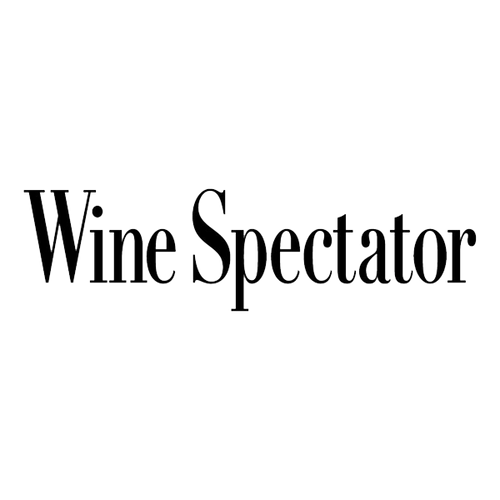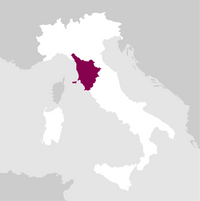描述
The first Haiku vintage was in 2009 and the wine is a blend of 3 varieties: 50% Sangiovese, and 25% each of Cabernet Franc and Merlot. During the planting of the second section of the Montebuoni vineyard, completed in 2001, it was decided to experiment with the renowned international variety, Cabernet Franc, which Ama had never used.
獎項

香水
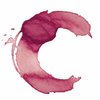
顏色

味道
服務於:
18 - 20 °C.
長壽:
10 - 15 years
醒酒時間:
1 hour
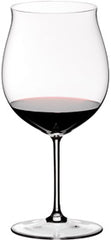
- 創業年份: 1972
- 釀酒師: Marco Pallanti
- 公頃: 70
Ama was owned by the Firidolfi family during the Holy Roman Empire. The castle, which stands in the denomination, was probably destroyed in the 15th century during the Aragonese invasions in the Chianti area.
In the early 1700s new dwellings were built on the ruins of the castle. Hence, the construction of the villas belonging to Pianigiani and Ricucci families, which now comprise the Castello di Ama estate headquarters.
A document dating to July 1773 contains a report by the Grand Duke of Tuscany, Leopold II, as the Governor of Tuscany, which praised the excellence of the hilly terrain.
The beauty of Ama spurred Tomaso Carini to oversee the rebirth of this land in the early 70s, involving 3 friends (GianVittorio Cavanna, Pietro Tradico and Lionello Sebasti) in the project.
The four entrepreneurs, led by Cavanna, replanted most of the vineyards and built a modern fermentation cellar, which became an innovative model for the entire area.
Marco Pallanti joined Ama in 1982, a young Florentine agronomist who became the estate’s winemaker after extensive technical training at the University of Bordeaux under the supervision of Patrick Léon.
Lorenza Sebasti, , Lionello's daughter, took over the estate’s management in 1993. A 40-year labour together, Lorenza and Marco continue to share the same passion and vision.
The second generation of the Carini, Tradico and Sebasti families run the company today. 閱讀更多
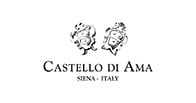
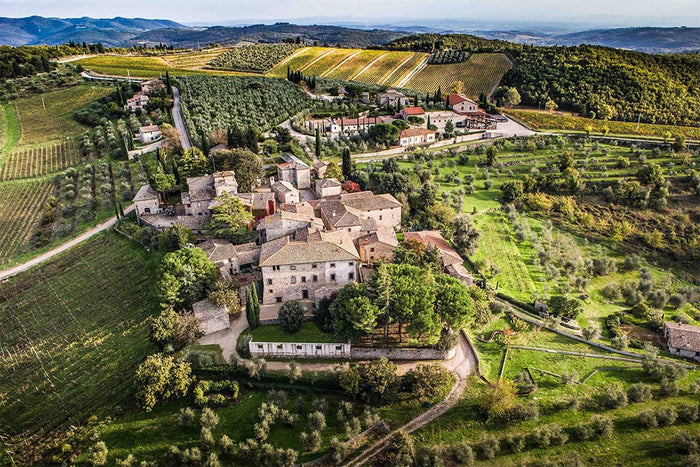
| Name | Castello di Ama Haiku 2019 |
|---|---|
| Type | Red green still |
| Denomination | Toscana IGT |
| Vintage | 2019 |
| Size | 0,75 l |
| Alcohol content | 14.0% 按體積 |
| Grape varieties | 50% Sangiovese, 25% Cabernet Franc, 25% Merlot |
| Country | Italy |
| Region | Tuscany |
| Vendor | Castello di Ama |
| Origin | Località Ama in Chianti - Frazione Lecchi in Chianti - Gaiole in Chianti (SI) |
| Climate | Altitude: 508–420 m. a.s.l. Exposure: North-East / South-West. |
| Soil composition | Clay and limestone. |
| Cultivation system | Merlot and Cabernet Franc as vertical trellis, single Guyot; Sangiovese as spurred cordon. |
| Plants per hectare | 5,200. |
| Fermentation temperature | 30-32 °C |
| Wine making | Fermentation was started using ambient yeasts, separately for each variety and in steel tanks at a controlled temperature of 30–32 °C, with manual pumpovers and total cuvaison of 25 days for the Sangiovese, 25 days for the Merlot and 25 days for the Cabernet Franc. After first racking, the wine was transferred to barriques for malolactic fermentation. |
| Aging | Assemblage of the 3 varieties took place after malolactic fermentation, then the wine was transferred for 12 months to fine-grain oak barriques, of which 30% were new and the rest were second passage. |
| Total acidity | 5.4 gr/L |
| Dry extract | 29.3 gr/L |
| Allergens | Contains sulphites |








